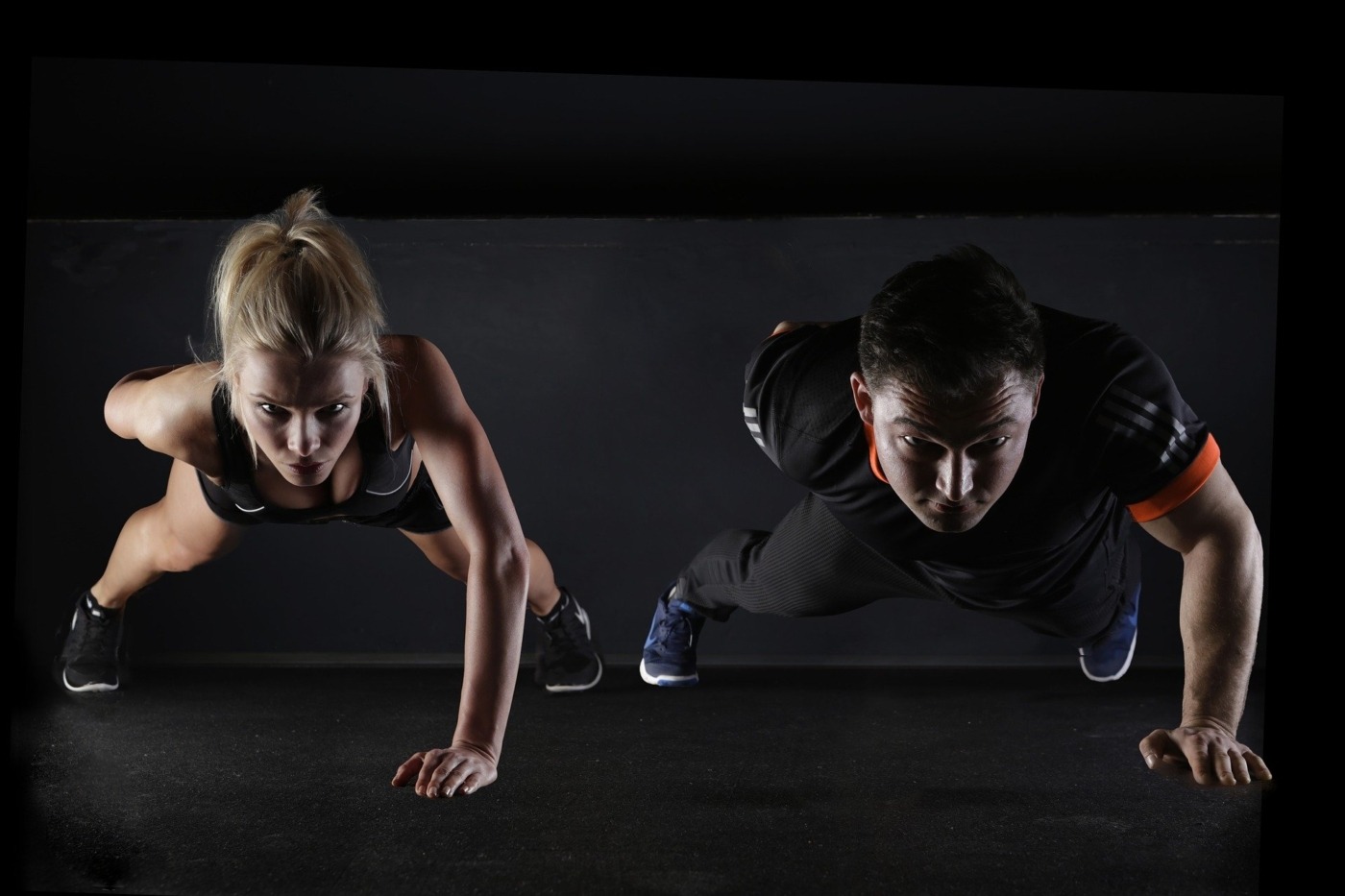Can too much exercise be bad for us?
The importance of health and exercise is an issue that can never be understated. Particularly as so much of the last year has been spent inside sitting down, individuals have tried to make sure that exercise is not something neglected because of the pandemic. When gyms were briefly allowed to reopen between lockdowns, individuals were eager to flock there, recognising the different equipment available to improve their health.
This being said, exercise in lockdown hasn’t stopped. At the height of restrictions, one of the few reasons individuals were allowed to leave their home was for exercise. I found that regular jogs were essential for my mental and physical health, helping to clear my thoughts and calm myself down at times of stress. At home, Joe Wicks presented a regular Fitness Workout to compensate for the lack of P.E. classes. Online yoga and fitness classes became all the range, with individuals virtually, if not physically, supporting one another to become healthier.
However, good health is all about achieving a balance. While Olympians and other elite athletes – who have been allowed to carry on travelling globally during the pandemic – have a job to train to the limits of human physical potential, this isn’t the case for most people. Knowing when to stop exercising for the day and taking some time to rest is just as important as the exercise itself.
Indeed, scientific research from Nature magazine has suggested that exercising too intensely could be detrimental for one’s ability to exercise properly. This is because overly intensive exercise can damage the body’s ability to regulate blood sugar. Blood sugar is impaired and impacts mitochondria, which are the powerhouses of cells.
Knowing when to stop exercising for the day and taking some time to rest is just as important as the exercise itself
The specific research was undertaken by Michael Flockhart and Filip Larsen of the Swedish School of Sport and Health Sciences in Stockholm. 11 volunteers undertook three weeks of strenuous exercise, with the performances improving after the transition from light to moderate training. However, the fitness performance then stagnated when the training changed from moderate to extremely intense.
Looking into the research, it highlighted how the energy production of mitochondria increased with the intensity of exercise, but dropped once the training became too intense. This also made it far harder to metabolise glucose within a glass of sugar water that the participants had to gulp. Intriguingly, a separate but related study found that 15 professional endurance athletes and 12 non-athletes had a similar average blood sugar level over 24 hours. However, the professionals experienced a greater period of time with high and low blood sugar than the non-athletes.
Given how important glucose is for energy, it is vital that exercise is balanced with ensuring burnout doesn’t occur. For athletes, you would expect them to have to endure a high level of energy before burning out, but it is clear that all individuals can be affected by their blood sugar energy levels if the exercise becomes too intense and stressful.
Similarly, such a discussion over exercise must involve the food we eat. Both food and exercise are equally valuable. It is easy to fall into the habits of calorie counting and ruthlessly checking how much energy we are consuming that needs to be burnt off. Generally, I find that the guide stating a third of food intake should be carbohydrates, a third fruit and veg, and the other third a mixture of proteins and fats helpful to follow in terms of how to get the most out of food.
Being aware of health and exercise is always important and valuable. Discussions of the obesity crisis across the world often forms a key part of policy debate. The role, if any, of governments, restaurants, and parents is frequently discussed, with a range of solutions put forward to try and ensure children and adults are eating in a healthy manner.
The idealism though, of balancing health and exercise, is something worth supporting. Just as revising for too long during this summer exam season without taking any breaks at all is unhealthy, so is undertaking too much exercise without the required sources of food, drink, energy and rest breaks. All of those are essential for enabling human health to always be at its maximum levels.

Comments